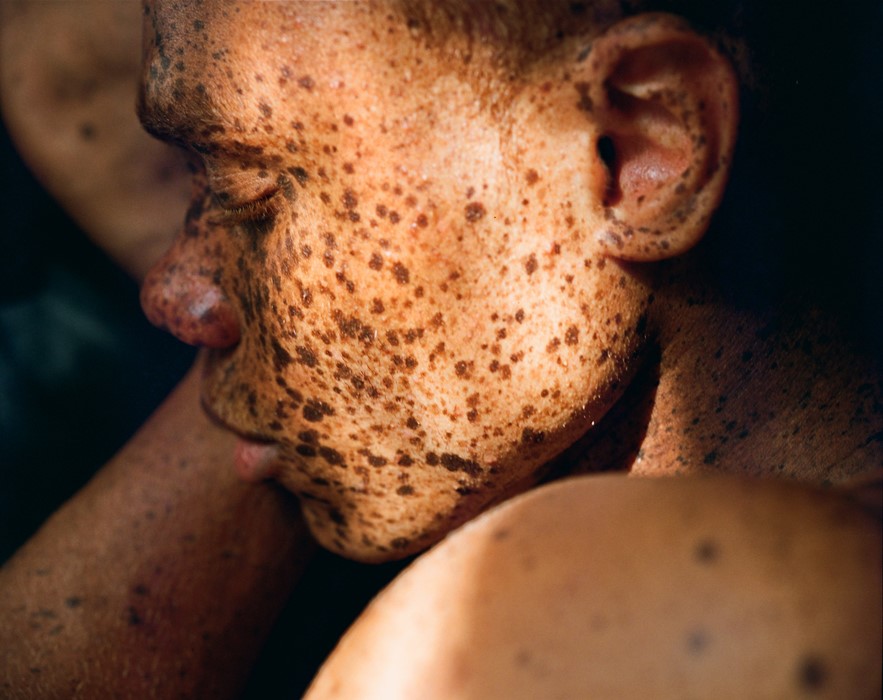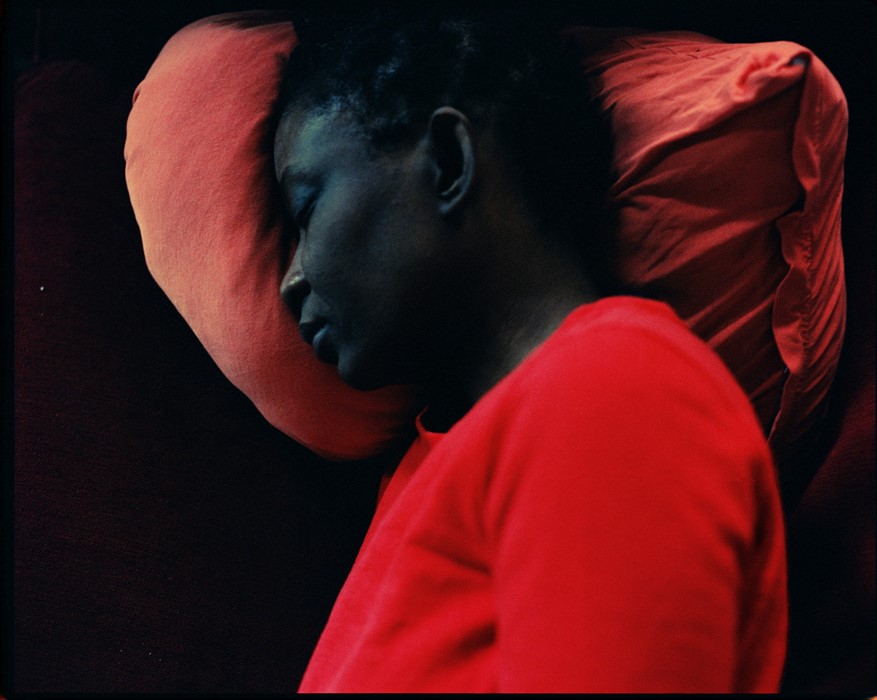Canadian photographer Flora Hanitijo invited friends and strangers to take a nap in her home, capturing them on camera in their most vulnerable state
It’s hard to imagine that photographs of people sleeping could be anything but creepy – but as soon as you set eyes on Canadian photographer Flora Hanitijo’s Silence, it is clear that her shots come from a place of calm and sensitivity. It was the need for a creative outlet “to quiet the chaos” in her life that led Hanitijo to photograph people sleeping, after being plunged into a situation of emotional hardship: her husband and her mother were both diagnosed with cancer, and Hanitijo took on the role of carer. During what must have been a profoundly difficult time, she revisited a concept she had started a decade ago, and decided to capture people in a state of complete vulnerability while asleep because she was “trying to find some solace”. Indeed, the images that make up Hanitijo’s photobook, Silence, are arresting in the tranquility they inspire.
Intriguing, too, because how does one go about taking photographs of people while they’re asleep? According to Hanitijo, by offering them breakfast and a hot drink – decaffeinated, of course – early in the morning, and shooting a portrait of them before inviting them to take a nap, at which point she “zones in”, looking at them as abstract shapes in the search for an interesting angle. It’s a process that requires developing trust between Hanitijo and her subjects, and it starts with the photographer posing two questions for the models to ruminate on: ‘how do you think the world sees you, and how would you like the world to see you?’. AnOther spoke to a heavily pregnant Hanitijo on the phone from New York about her interest in vulnerability, the need for permission to relax and the somewhat-risky business of going online to source her models.

On establishing trust…
“I wanted to have a connection with people again, because I felt so isolated going from hospital to my house, hospital to my house. I started to invite people to come to my house for portraits and then asked them to sleep in my bed afterwards, because I wanted to see if we can still establish trust. Especially in a vulnerable state, because sleeping is so vulnerable.”
On venturing online to find her sleeping subjects…
“Eventually it became strangers that came to my house. It was friends, then acquaintances and then friends-of-friends-of-friends, and then a couple of people straight from the internet. That was scary. I’ve been with my husband close to ten years so I missed the whole online dating thing; I didn’t feel comfortable just contacting someone and meeting up with them. The first time I did it I was terrified. It was just a random boy that came to my house. But it worked out, no one got murdered so that’s good! I went on Instagram and typed in key words like ‘freckles’ or ‘redheads’ and pictures came up. So I asked some really interesting looking people to see if they would take part. Some of them have even started modelling.”

On needing permission to relax…
“Most people were comfortable – it’s almost like giving permission to relax because we live in such a crazy city. People think, ‘I’m getting paid to do this, so I’m allowed to have half an hour because I’m helping someone with a project’, and they fall asleep. It’s sad, isn’t it? How people need to be allowed to go to sleep before they actually do because we try to do too much.”
On the intrigue of vulnerability…
“I just found people more interesting when they’re vulnerable. In New York, people are always saying they’re doing great, which is fine if you’re truly doing great, but then it’s almost like you’re not allowed to be vulnerable. I found it really difficult when taking care of my mum and my husband, because I wasn’t doing great, but I didn’t feel like I was allowed to be vulnerable. It was nice to be able to connect with people on a more realistic level again because with social media people are so disconnected – it’s all about hashtag-I’m-doing-awesome, and you don’t really get to know people. I felt really fortunate to be able to have this brief human connection with someone, even if only for an hour or two of the day.”

On compromising sleep…
“I’m in the next phase of my life. I’m pregnant and about to give birth. It’s really interesting because I was just thinking about how sleep is such an individual and personal thing, but now I have to start negotiating with my partner and I have to compromise with my family on how to sleep because I’m about to have a newborn and I don’t know when I’m going to sleep again. I think that’s interesting, the idea that sleep is no longer mine. It’s shared with the family now.”
Silence by Flora Hanitijo is available now.






